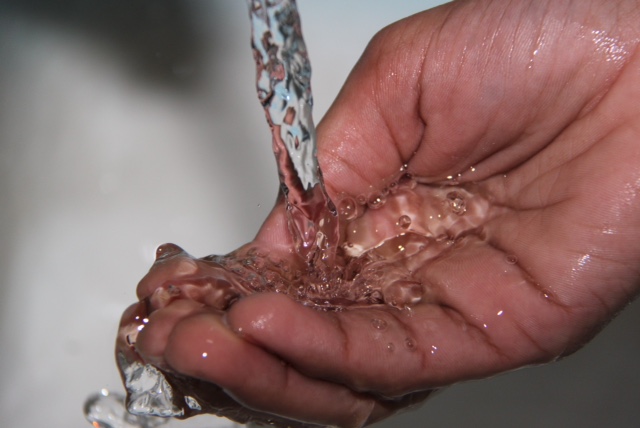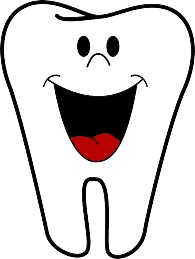
Having a dry mouth, is a common condition which can have many negative and bothersome effects. Thankfully, relief is available and dry mouth can be managed in a number of ways. Our Lorne Park Dental team in Mississauga looks at the causes, effects and remedies for dry mouth.
What Causes Dry Mouth?
Everyone has dry mouth once in a while when they are nervous, upset or under stress. Chronic dry mouth, known as xerostomia (Zeer + oh + STOH + me + ah) however, is most often the result of reduced or absent salivary flow. It is not a disease but rather, a symptom of various medical conditions (such as Diabetes, Parkinson'sdisease and Sjögren's syndrome). It can be a side effect during chemotherapy drug use or after radiation to the head and neck. A wide variety of over-the-counter and hundreds of prescription medications cause dry mouth. Injury or surgery to the nerves of the head and neck can cause dry mouth. Also, dry mouth is a common complaint in persons who snore or sleep with their mouth open wide. The aging process doesn't necessarily cause dry mouth. However, older persons are more likely to take medications or have medical conditions that cause dry mouth. Stroke or Alzheimer's disease may cause the perception of dry mouth even though the salivary glands are functioning normally.
What Types of Medications Cause Dry Mouth?
- Antihistamines: Drugs in this category affect the production of saliva.
-
Antidepressants: People taking antidepressants will also be affected by dry mouth. These types of drugs will affect the quantity of saliva production.
-
Antiemetics: These are drugs that are prescribed to prevent vomiting and nausea in chemotherapy and radiation therapy and are also used to treat motion sickness.
-
Antihypertensives: The antihypertensive medications are taken for the control of blood pressure.
-
Antiparkinson: The drugs in this category are prescribed to relieve the symptoms of Parkinson’s disease and other forms of Parkinson’s.
-
Antispasmodics: These drugs are used to treat and relieve cramps and spasms that occur in the stomach, small and large intestines and the bladder.
-
Antipsychotics: Drugs that are given for psychiatric disorders, anxiety and depression.
-
Sedatives: This is a substance that induces sedation by reducing excitement or irritability and relieves anxiety.
Symptoms of Dry Mouth:
-
a sticky, dry feeling in the mouth
- thick, stringy saliva
-
trouble chewing, swallowing, tasting or speaking
-
a burning feeling in the mouth
-
a dry feeling in the throat

-
cracked lips
-
a dry, rough tongue
-
mouth sores
-
an infection in the mouth
Why is Saliva So Important?
-
it helps digest food
-
it helps you to chew and swallow
-
it buffers acids in the mouth to help prevent tooth decay
-
it prevents infection by controlling fungi and bacteria in the mouth
What Can You Do About Dry Mouth?
- sip water and sugarless drinks often
-
avoid drinks with caffeine such as coffee, tea and some sodas. (caffeine can dry out the mouth)
- chew sugarless gum or suck on sugarless hard candy to stimulate the salivary flow (suggestions = X-Pur brand Gum or Mints)
-
ask us about saliva substitutes or saliva stimulating products such as sprays, lubricating gels, toothpastes and mouth rinses examples: Mouth Kote Dry Mouth Spray or Biotene Products
-
for nighttime use, ask us about XyliMelts (a small pastille that will stick inside your mouth at the outer gum line of your upper first molar. It dissolves during the night to lubricate the mouth and to release cavity preventing xylitol) -see video below
- don't use tobacco or alcohol which dry out the mouth
- limit spicy or hot foods which may cause pain in a dry mouth
- use a furnace humidifier or stand alone humidifier at night or leave a bowl of water at your bedside to evaporate and humidify the air
- nasal salt/water rinses can clear the nasal passages and decrease mouth breathing
- choose dental products with fluoride and/or the ingredient, xylitol which work against the cavity causing effects of dry mouth
- ask us about using a toothpaste or mouth rinse with a higher fluoride content to prevent cavities
- limit sugars and sticky or acidic foods in your diet because of the low volume of saliva to wash them away
- keep your teeth clean, especially along the gum line
- use a moisturizing lip balm or lipstick
- for persons with Diabetes: control blood glucose levels
- for persons with Parkinson's disease: saliva substitutes to reduce dysphagia (difficulty swallowing) and help dentures stay in. Avoid saliva stimulating mouth rinses because of the risk of choking
-
for persons with Sjögren's syndrome: drug therapy may be more effective than saliva substitutes or stimulants
-
discuss the side-effects of your medications with your medical doctor for possible alternatives or dosage adjustments
-
for severe dry mouth, Dr. Fasciani, and Dr. DeAngelis may prescribe an oral medication

